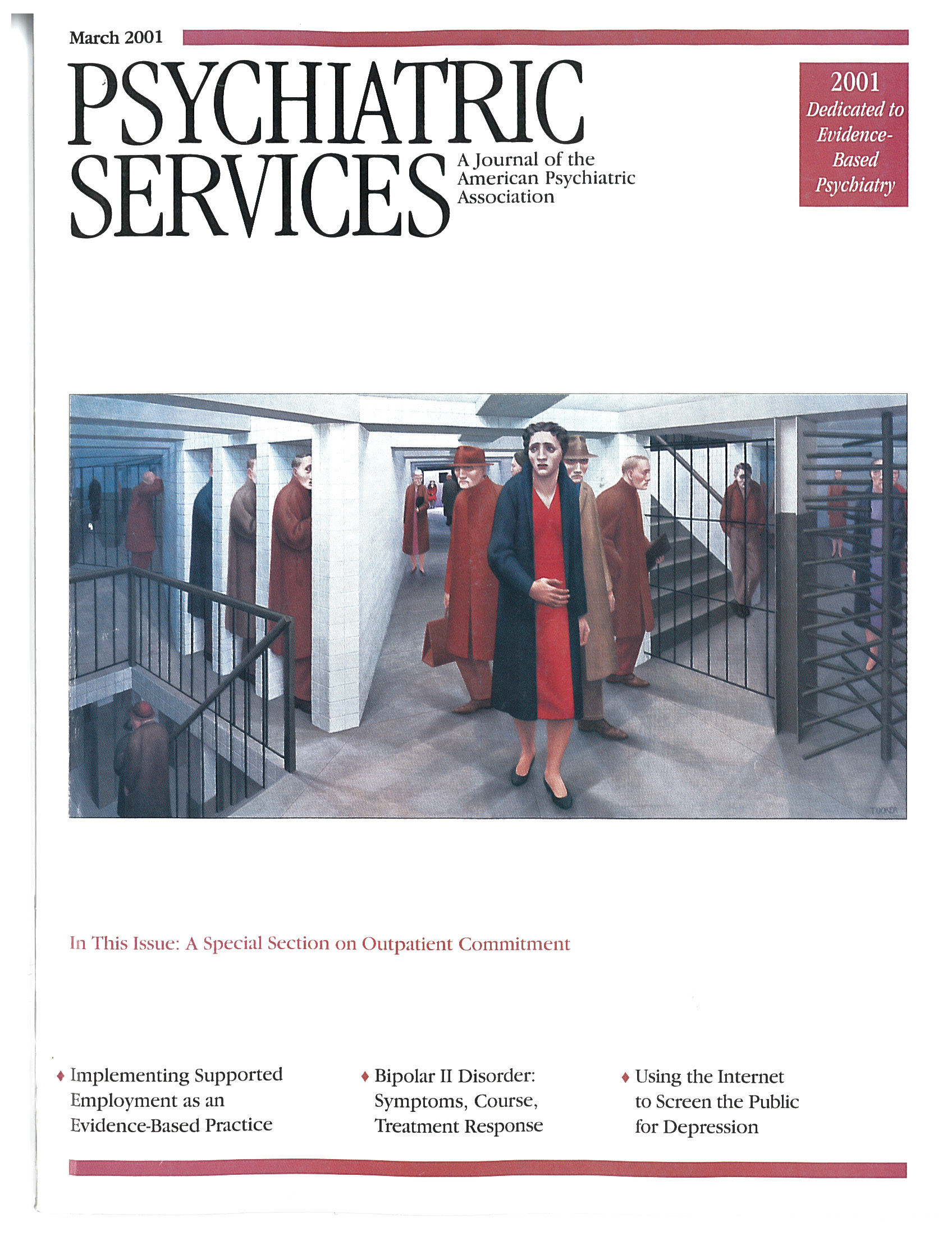Implementing Supported Employmentas an Evidence-Based Practice
Abstract
Supported employment for people with severe mental illness is an evidence-based practice, based on converging findings from eight randomized controlled trials and three quasi-experimental studies. The critical ingredients of supported employment have been well described, and a fidelity scale differentiates supported employment programs from other types of vocational services. The effectiveness of supported employment appears to be generalizable across a broad range of client characteristics and community settings. More research is needed on long-term outcomes and on cost-effectiveness. Access to supported employment programs remains a problem, despite their increasing use throughout the United States. The authors discuss barriers to implementation and strategies for overcoming them based on successful experiences in several states.



